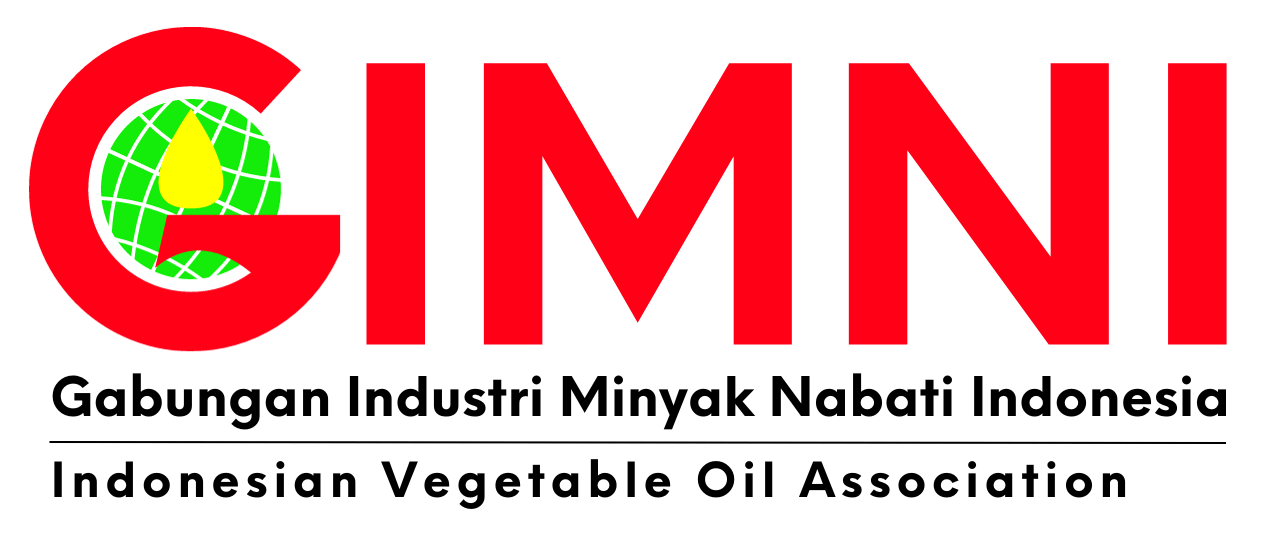Indonesian palm oil groups expect their refining businesses to remain weak until the end of the year following the government’s decision to extend its suspension of export levies, industry officials said.
Indonesia, the world’s biggest palm oil producer, stopped collecting palm oil export levies last December to help protect farmers’ earnings amid low palm oil prices. On Tuesday the government said it will not collect the levies again until Jan. 1, 2020.
Togar Sitanggang, vice chairman of Indonesia Palm Oil Association (GAPKI), said on Thursday that the proportion of crude palm oil (CPO) in total palm shipments was increasing because of the zero levy policy.
Levies on palm oil are seen as an incentive for palm oil refiners because Indonesian levies on unprocessed products are higher than on processed palm products.
Palm oil is Indonesia’s largest second largest export, after coal, generating revenues of $16 billion for crude and refined products combined in 2018.
Sahat Sinaga, executive director of the Indonesia Vegetable Oil Association, said with no export levy palm companies prefer to export CPO which is cheaper to export than refined products.
“This needs to be addressed, export revenue from palm is quite significant,” Sitanggang said. “When exports are shifting more to CPO, which is cheaper than refined products, there would be lower export revenue for the country.”
Indonesia’s refined palm oil exports to major market India, for example, would increase significantly if the levies were reimposed, he said.
Indonesian factories that produce domestic cooking oil ran at only 45% of their installed capacity on average between January and August, compared to 72% last year, according to Ministry of Industry data. In the same period, the oleochemical industry ran at 60% of its capacity, compared to 80% last year.
“The amount of raw material supply to these plants dropped as a result of the zero palm oil levy,” Abdul Rochim, director general of agro-based industry at the Ministry of Industry, told Reuters.
Sitanggang estimates CPO now accounts for around 25% of total palm exports. That would be up from 19% last year, according to data from GAPKI, the Indonesian palm oil planters’ association. GAPKI data up to July showed CPO exports were 20% of the total.
Sumber: Reuters.com

